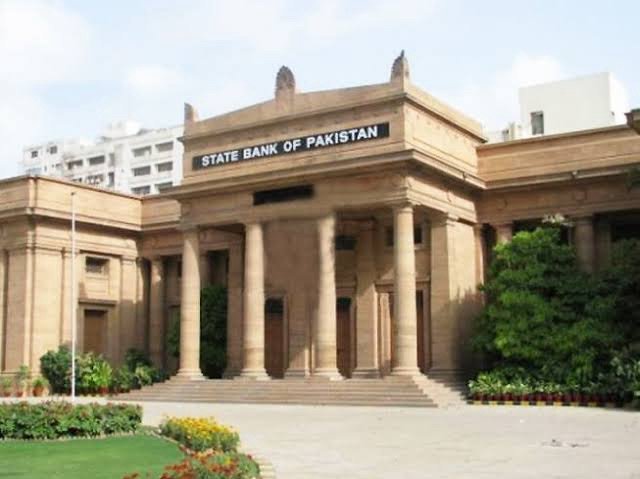Week-long campaign aims to boost financial inclusion through collaboration and innovation across Pakistan.
Key Takeaways:
i) The State Bank of Pakistan will launch its Financial Literacy Week on April 14th, 2025, aiming to improve financial inclusion nationwide.
ii) The week-long activities will include over 1,000 events such as literacy camps, workshops, and outreach programs targeting various demographics across 101 districts.
iii) The initiative emphasizes collaboration among financial institutions, regulators, and academia, alongside leveraging innovative approaches to broaden financial access.
Islamabad, Pakistan – April 08, 2025 – The State Bank of Pakistan (SBP) is set to launch its annual Pakistan Financial Literacy Week on April 14th, 2025, with a grand opening ceremony in Karachi. Governor SBP, Mr. Jameel Ahmad, will inaugurate the week dedicated to enhancing financial awareness and promoting greater financial inclusion across the country. The initiative, running from April 14th to April 18th, 2025, will focus on the theme “Financial Inclusion through Collaboration and Innovation.”
The inaugural ceremony is expected to host a distinguished gathering, including Deputy Governors and Executive Directors of the SBP, international representatives from the World Bank, the Alliance for Financial Inclusion, and the Asian Development Bank. Presidents and key focal persons from commercial banks, along with notable guests from government departments, the fintech industry, the Pakistan Stock Exchange (PSX), the Securities and Exchange Commission of Pakistan (SECP), the Pakistan Banks’ Association (PBA), academia, and chambers of commerce will also be in attendance. The event will also recognize high-performing banks for their significant contributions to financial inclusion and innovation.
Pakistan, like many developing nations, grapples with the challenge of low financial inclusion, where a significant portion of the population lacks access to formal financial services. Financial literacy is recognized as a crucial element in bridging this gap. Currently, Pakistan’s financial literacy rate stands at 26%, lower than the global average of 33%.
The State Bank of Pakistan has consistently prioritized enhancing financial literacy across all segments of society. The Pakistan Financial Literacy Week serves as a key initiative in this ongoing effort, designed to foster awareness, encourage active participation, and drive tangible action towards a more financially inclusive society. This year’s theme underscores the critical role of collaborative efforts and the adoption of technological advancements in expanding financial access and promoting inclusion.
These include over 260 financial literacy camps, 350 outreach programs targeting schools and universities, and more than 400 interactive workshops and seminars specifically designed for women, youth, and persons with disabilities.
The week-long event promises to be impactful, bringing together policymakers, financial institutions, educators, and the general public to highlight the importance of financial education. Throughout the week, the SBP, in collaboration with other financial institutions, will conduct an extensive range of activities. These include over 260 financial literacy camps, 350 outreach programs targeting schools and universities, and more than 400 interactive workshops and seminars specifically designed for women, youth, and persons with disabilities. These sessions will be held across 101 districts throughout Pakistan. A special initiative, the “Financial Literacy Walk,” will also take place in major cities, including Azad Jammu and Kashmir (AJK) and Gilgit-Baltistan, to disseminate the message of financial literacy to a wider audience. The SBP has partnered with over 100 institutions, 60 universities and colleges, and almost all commercial banks for this significant week. Furthermore, the SECP and the Pakistan Stock Exchange are also actively participating, conducting over 100 financial literacy programs under the same theme nationwide.
These concerted efforts aim to empower individuals with the necessary knowledge and tools to make informed financial decisions, thereby contributing to overall economic growth and achieving a higher level of financial literacy across the nation.




